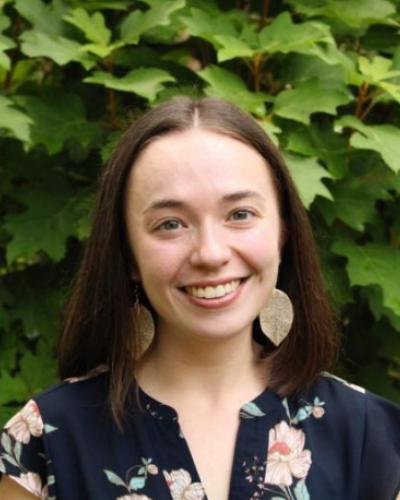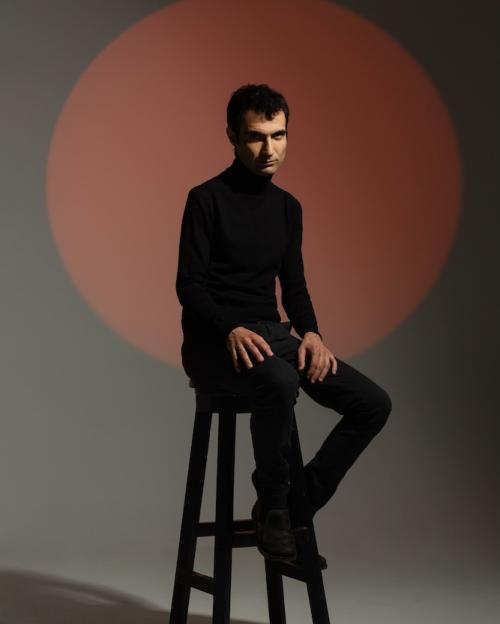Dear Friends of Music,
Like most of us, I have a favorite recording. It’s a sentimental postcard of a track, and shouldn’t be particularly memorable. But in the song’s introduction there’s one particular note in the bass that always brings out a physical, tearful reaction in me. It’s an “impossible” pitch, played well below the bass’s normal range, thanks to an added low B-string. The tone is drenched in a nostalgic echo. I’ve often wondered, what is it about that single note that could resonate in a person so viscerally?
That single note seems an apt metaphor for the work we do in Lincoln Hall, for what makes music so important at Cornell. A note is just a set of vibrations in air; yet meanings attach to those sound waves, both intriguing and mysterious. As scholars, as musicians, as creators, and as social beings we seek to understand the ways music works – through sound, emotion, communication, culture, politics, history, future – and we seek to make music ourselves, together, as a connection to listeners. To make a better world.
We contribute to scholarly understanding. Our faculty members have published nearly a dozen books in the last two years, given important lectures and speeches, and provided leadership to the field of music study. Their research extends across the humanities and to the sciences. Read about their accomplishments here. Beyond that, they have guided and inspired their students – graduate and undergrad – to follow in their footsteps. The list of publications by our students in important academic journals is eye-popping.
To us, knowing music is braided together with making music. Recent accomplishments by our performing and compositional faculty include Grammy nominations and major prizes, recordings, and commissions. Read about them here. Together, we help the 1500 or so students we serve every semester understand how music works, how it accrues meaning, how to launch beautiful sounds skillfully and confidently – even as what “beautiful” means is constantly shifting. And we put that understanding into practice: the Department of Music offers over 150 concerts a year, featuring renowned guest artists, faculty, and students. With over twenty ensembles, big and small, ranging from hip-hop to gamelan, choral ensembles, string and wind symphony orchestras, jazz combos and early music chamber groups, and studio performances and more, students find innumerable ways to engage in music as an expressive practice. And our classroom courses routinely include hands-on music-making as endemic to the project of understanding music.
All of which leads us into exciting new areas of study. Here are just a few: The Steven Stucky Residency will welcome its first ensemble this year, workshopping and performing new works by student composers, holding master classes for performers in addition to performing at Barnes Hall Auditorium. Professors Judith Peraino and Roger Moseley will offer a seminar-style course Synthesizing Pop: Electronics and the Musical Imagination. Senior Lecturer Annie Lewandowski, in collaboration with Google Creative Lab and renowned Cornell bioacoustics scientist Katy Payne, is developing artificial intelligence models to recognize patterns in humpback whale song. Professor Annette Richards spearheads the establishment of Cornell’s Center for Historical Keyboards, a rich international study resource with period instruments – including historical synthesizers. Roger Moseley, postdoc Mark Gotham and Assistant Professor James Spinazzola, in collaboration with Cornell’s Active Learning Initiative, are developing software in an exciting new approach to teaching music theory. The list goes on.
Cornell’s music ensembles have always reached out to community in Ithaca and the world. Recent tours to Haiti and Dominican Republic (Silver Wind Symphony), Taiwan (Cornell Symphony Orchestra), Canada (Chorus) and across the United States (Glee Club and Chamber Singers) are life-transforming events for our students and the communities they work with.
On a note of sadness, we remember our dear Emeritus colleague Thomas Sokol, who passed away this year. Tom led the choral program with distinction from 1957 to 1995; it was he who introduced Franz Biebl’s Ave Maria, now a staple in the choral literature, to the United States. Read an appreciation of Tom here.
As I hand the chair duties to my esteemed colleague Roger Moseley, I thank you, dear reader, as well as colleagues, students, and alumni, for the opportunity to serve you. Now, on to that research I’ve been thinking about.
Sincerely,
Steve Pond




